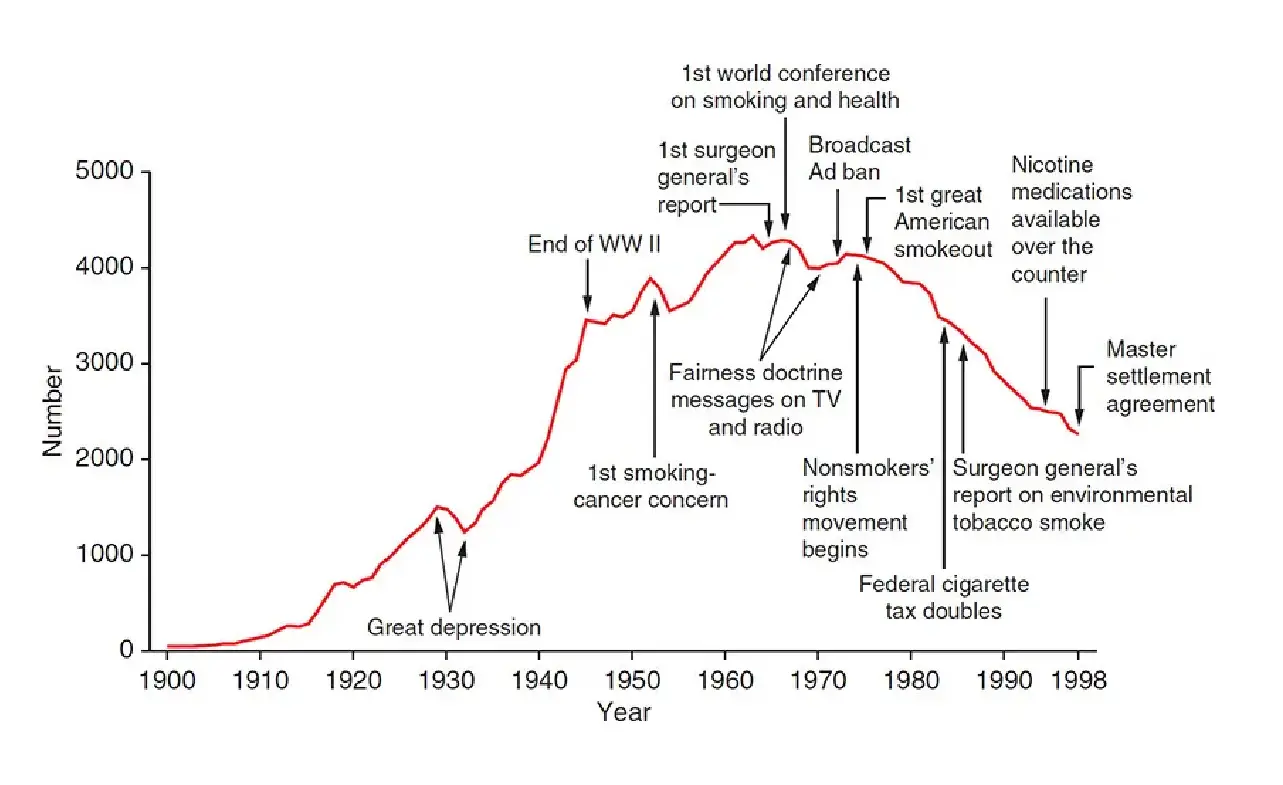Understanding the ICD-10 Code for History of Lung Cancer

When it comes to medical coding, precision is key. Whether you’re a healthcare professional, a medical coder, or someone navigating the complexities of medical records, understanding the ICD-10 code for history of lung cancer is crucial. But what exactly does this code mean, and why is it so important? In this article, we’ll break down everything you need to know about this specific ICD-10 code, its significance, and how it’s used in the healthcare industry. By the end, you’ll have a clear understanding of how this code fits into the broader landscape of medical documentation.
The ICD-10 code for history of lung cancer is more than just a series of numbers and letters—it’s a vital tool for tracking patient history, ensuring accurate billing, and facilitating effective communication among healthcare providers. But why is this code so essential, and how does it impact patient care? Let’s dive deeper into the world of medical coding and explore the nuances of this specific ICD-10 code.
What is the ICD-10 Code for History of Lung Cancer?
The ICD-10 code for history of lung cancer is Z87.11. This code falls under the category of “Personal history of malignant neoplasm,” specifically indicating a patient’s past diagnosis of lung cancer. But what does this mean in practical terms? Essentially, this code is used to document that a patient has a history of lung cancer, even if they are currently in remission or have been successfully treated.
Why is the Z87.11 Code Important?
- Accurate Patient Records: This code ensures that a patient’s medical history is accurately documented, which is critical for ongoing care.
- Billing and Reimbursement: Proper coding is essential for insurance claims and reimbursements.
- Research and Statistics: This code helps in tracking the prevalence and outcomes of lung cancer cases over time.
How is the ICD-10 Code for History of Lung Cancer Used?
The Z87.11 code is used in various healthcare settings, from hospitals to outpatient clinics. Here’s a breakdown of its primary uses:
1. Medical Documentation
When a patient has a history of lung cancer, this code is added to their medical records. This ensures that any healthcare provider who treats the patient in the future is aware of their past diagnosis.
2. Insurance Claims
Medical coders use the Z87.11 code to accurately bill insurance companies. This helps avoid claim denials and ensures that healthcare providers are reimbursed for their services.
3. Research and Public Health
Public health officials and researchers use this code to track trends in lung cancer diagnoses and outcomes. This data is invaluable for developing new treatments and prevention strategies.
Key Differences Between Active Cancer and History of Cancer
It’s important to note that the Z87.11 code is used specifically for a history of lung cancer, not for active cancer. Here’s a quick comparison:
| Aspect | Active Lung Cancer | History of Lung Cancer |
|---|---|---|
| ICD-10 Code | C34.90 (unspecified lung cancer) | Z87.11 |
| Patient Status | Currently diagnosed with cancer | Previously diagnosed, now in remission or cured |
| Purpose of Code | Document current condition | Document past medical history |
Common Questions About the ICD-10 Code for History of Lung Cancer
1. Can the Z87.11 Code Be Used for Other Types of Cancer?
No, the Z87.11 code is specific to lung cancer. Other types of cancer have their own unique ICD-10 codes under the “Personal history of malignant neoplasm” category.
2. What If the Patient Has Multiple Histories of Cancer?
If a patient has a history of multiple types of cancer, each type will be documented with its corresponding ICD-10 code. For example, a history of breast cancer would be coded as Z87.10.
3. Is This Code Used for Screening Purposes?
No, the Z87.11 code is not used for cancer screening. Screening for lung cancer typically involves other codes, such as Z12.2 (encounter for screening for malignant neoplasm of respiratory organs).
Why Accurate Coding Matters
Accurate medical coding is the backbone of the healthcare system. It ensures that patients receive the right care, healthcare providers are properly compensated, and valuable data is collected for research and public health initiatives. Using the correct ICD-10 code for history of lung cancer is a small but critical part of this process.
The Consequences of Incorrect Coding
- Denied Claims: Incorrect codes can lead to claim denials, causing financial strain on healthcare providers.
- Miscommunication: Inaccurate coding can result in miscommunication among healthcare providers, potentially compromising patient care.
- Flawed Data: Incorrect codes can skew research data, leading to inaccurate conclusions about lung cancer trends and outcomes.
Tips for Medical Coders and Healthcare Providers
If you’re a medical coder or healthcare provider, here are some tips to ensure you’re using the Z87.11 code correctly:
- Stay Updated: ICD-10 codes are periodically updated. Make sure you’re using the most current version of the code.
- Double-Check Documentation: Always verify the patient’s medical history before assigning the Z87.11 code.
- Use Additional Codes When Necessary: If the patient has other relevant conditions, such as tobacco use, be sure to include those codes as well.
The Role of Technology in Medical Coding
With the rise of electronic health records (EHRs) and advanced coding software, the process of assigning ICD-10 codes has become more efficient. However, technology is not a substitute for human expertise. Medical coders must still have a deep understanding of coding guidelines and the ability to interpret complex medical records.
Conclusion
Understanding the ICD-10 code for history of lung cancer (Z87.11) is essential for accurate medical documentation, billing, and research. This code plays a vital role in ensuring that patients with a history of lung cancer receive the appropriate care and that healthcare providers are properly reimbursed for their services. By staying informed and following best practices, medical coders and healthcare providers can contribute to a more efficient and effective healthcare system.
Read more: